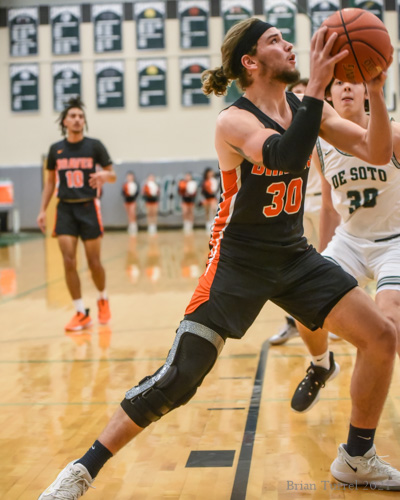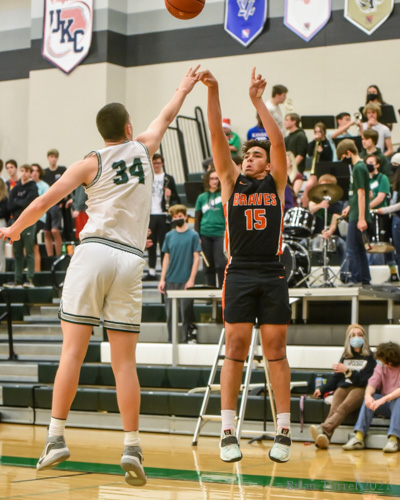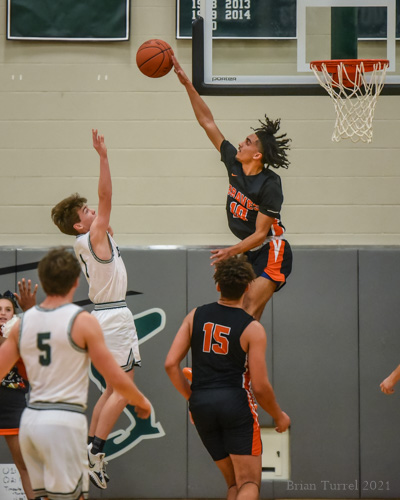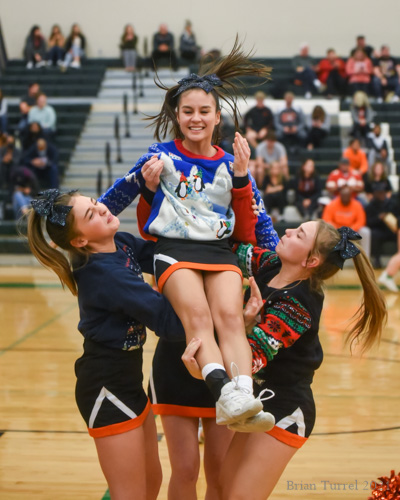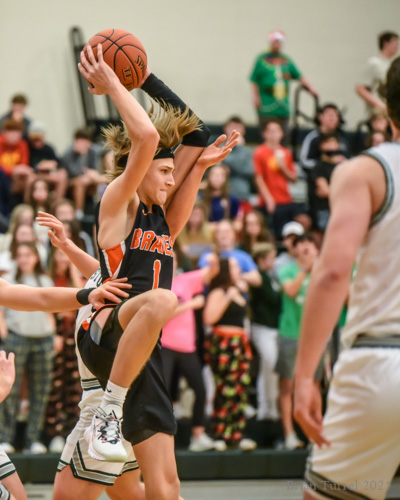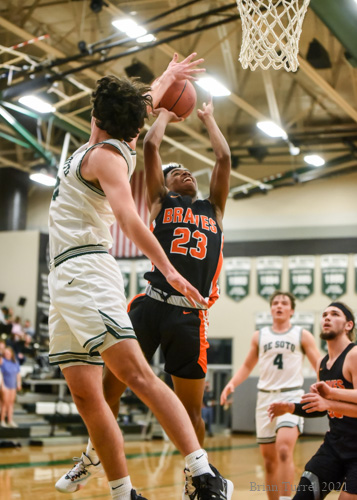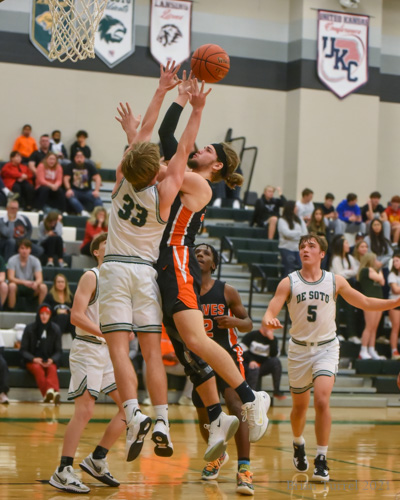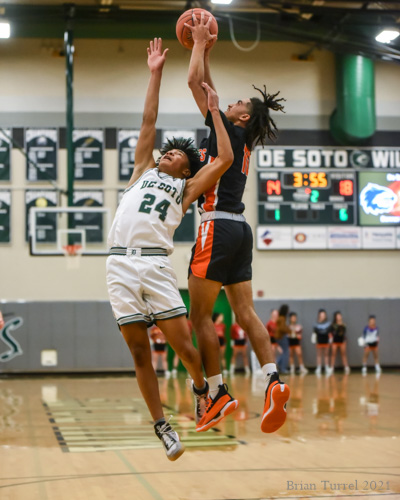A new KCK Small Business Resiliency Grant Program has been announced.
The grant is funded through the Unified Government’s allocation of the American Rescue Plan Act (ARPA) Local Fiscal Recovery Funds, according to a spokesman.
The grant was created to help reduce the financial strain on local businesses due to the COVID-19 pandemic, the spokesman stated in a news release.
Businesses may use the funds to prepare for changes in the ways consumers are doing business, including funds for upgrading websites for e-commerce, buildings and physical plant remediation to comply with safety guidelines, software upgrades and professional service support, according to the spokesman.
The expenditure of the funds is subject to the eligibility requirements, rules and regulations of the U.S. Treasury Department and the U.S. Office of Management and Budget, according to the spokesman.
For more details, see www.wycokck.org/ARPA.
Local businesses wanting to apply for this grant are asked to submit the required documentation through the Economic Development’s online applicant registration form at KCK Small Business Resiliency Grant, the spokesman stated.
Grant applicants are for eligible to apply for up to $10,000 in funding, and if awarded are not required to accept the full amount of awarded funds. Priority will be given to businesses with fewer than 25 employees, but local businesses may have up to 100 employees. For a complete list of business, expense, and grant type eligibility requirements, review the Small Business Grant Program Overview document.
All businesses that receive grant funds are required to complete a business intake and two hours of business technical assistance training to assist with resiliency, sustainability and business planning.
Grant request applications will begin to be reviewed starting Jan. 4, 2022. The grant application process will remain open until all funds are distributed.
“Small businesses are at the heart of our local economy,” Unified Government Small Business Liaison Shaya Lockett said. “These grants will provide much-needed assistance to help small businesses in KCK adopt new technology and tools to navigate the impacts of the pandemic on our economy.”
For questions, any application accommodations, including technical assistance about the Small Business Grant Program, contact [email protected] or 1-913-386-7600. Phone hours are Monday through Friday from 8 a.m. to 4 p.m.



